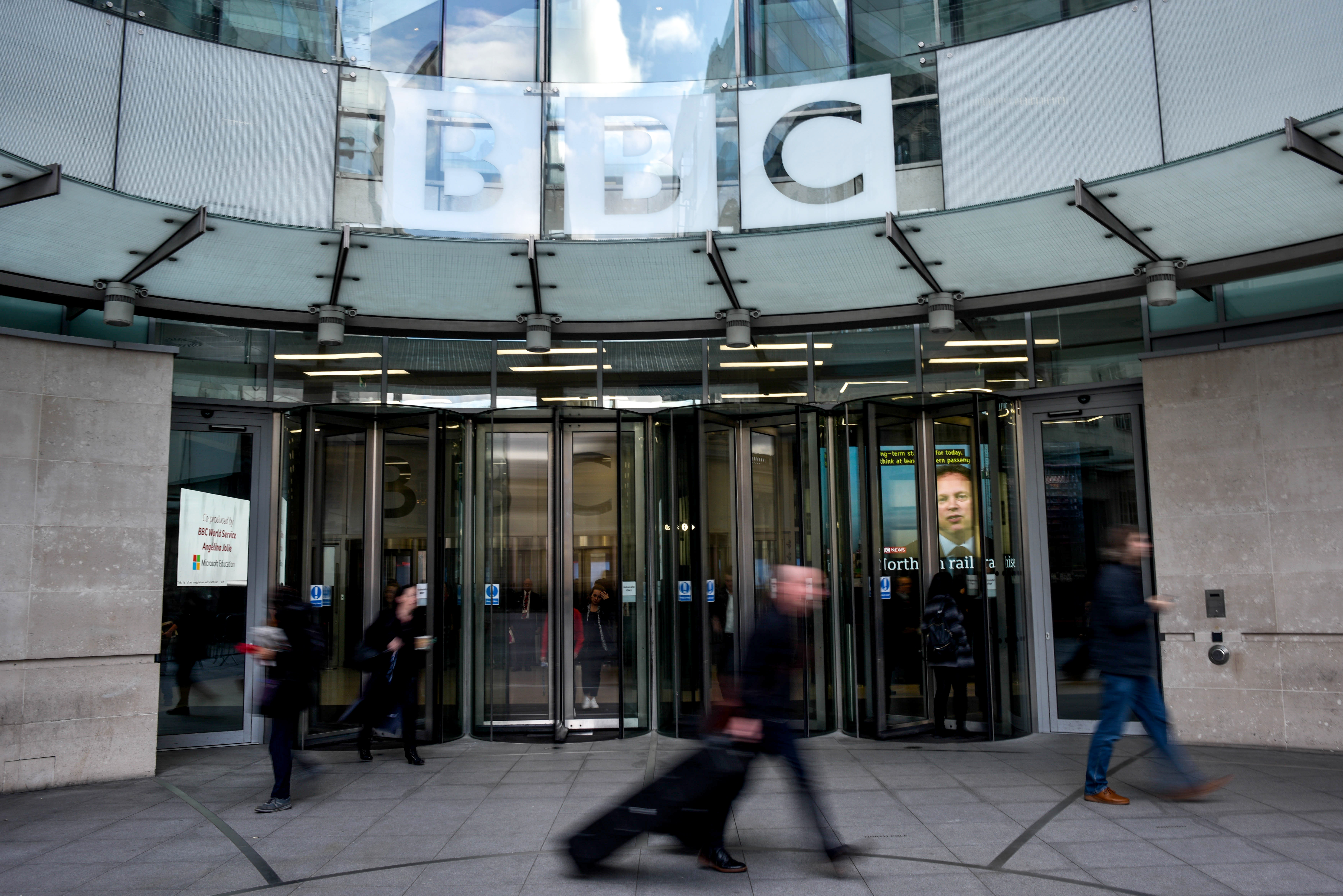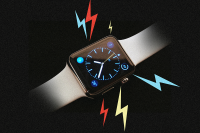I’ve put off sending a private email that’s been ready to go for weeks. Then last Sunday, I read Julie Burchill’s column in the Telegraph about the rigid ideological conformism amidst today’s purportedly ‘creative’ class, and it hit a nerve. Despite our sanctification of inclusivity and diversity, Burchill wrote, ‘exclusivity and groupthink still control the arts’. Because my own small experience of failing the progressive purity test this winter has been repeated up and down this country, it is not small.
Scaled up, the private becomes the public. So I’m finally sending my email as an open letter, allowing the Spectator readership in on a conversation germane to more than my social life. Think of this column as legal hacking.
In December, a good friend and fellow novelist emailed (ringing up like a human being would have been too scary) that my appearance on Question Time three days before was so ‘painful’ that this person was ‘stepping back’ from our friendship — and we all know what that means. Although I no longer owe the left-leaning author any fealty, I withhold my colleague’s identity from a sense of decorum. My full reply:
For all I know, X, we’ll never speak to each other again. So maybe you could at least hear me out. We’ve been friends for 13 years.
Your politics being slightly to my left makes your cancellation of our friendship all too typical for the times
You claim we have different ‘values’, which on the left means only one thing: I’m a bigot. You’ve little evidence for that. On QT, I objected that Boris’s careless ‘letterbox’ simile was simply not that insulting; I didn’t write the offending line myself. I thought the issue worth confronting because this tossed off aside comparing veiled women to a minor aspect of domestic architecture was deployed throughout the general election campaign to prove that the Prime Minister of the United Kingdom is a racist and his entire party is endemically racist, too. That’s a lot of weight for a morally neutral image to bear. (One might as well compare a Muslim to a chair. Is furniture pejorative, too?) You’re welcome to differ. But a Muslim comment writer made the same case in the Telegraph a week after QT aired. She didn’t find the simile insulting, either.
True, unlike you, I oppose affirmative action. My objection is methodological: I think affirmative action perpetuates racism. I also object on principle: fighting discrimination with discrimination is intrinsically illogical and only creates more injustice. The majority of American blacks don’t like affirmative action, either, so I’m in good company.
You wrote that you ‘love’ the NHS, though that’s a curious emotion to lavish on a healthcare system. I’m so concerned with fair, affordable healthcare that I wrote a whole novel about it (however improbably). So I think I share your ‘values’ here. The problem on QT, then, was a wisecrack. After another insensible assertion that the Tories would sell the NHS, I quipped: ‘But who would want to buy it?’ Surely no large governmental institution is so sacred that we can’t make a joke about it.
That’s right, we disagree on Brexit. But over half this country agrees with me. It’s painfully typical for a Remainer to regard a Leaver as having moral cooties, while it rarely works the other way round. Nevertheless — this speaks well for my social tastes — nearly all my other friends in London are your fellow Remainers, and we’re still friends. After many a spirited discussion about the EU, we’ve never changed each other’s minds. Nor have we disavowed each other.
You wrote that the purveyors of the taboo against cultural appropriation ‘have a point’. Your endorsement of a prohibition flagrantly antithetical to your professional interest is perplexing, but hobble your work if you wish. Still, it’s such a perverse, unworkable, ungenerous concept. You might at least concede that we few defenders of the imagination also ‘have a point’.
All told, our political differences are moderate. Yet this is an era in which the fiercest antagonism flares between the ideologically proximate. (Not remotely interested in attacking real-life ‘white supremacists’, the hard left prefers to collect the scalps of classical liberals.) Your politics being slightly to my left makes your cancellation of our friendship all too typical for the times. But entertain the alternative universe in which I abruptly ‘step back’ from our friendship because you advocate affirmative action and racial hypersensitivity, are sentimental about the NHS, support Remain and preach against cultural appropriation. You’d think I’d lost my mind. You’d confer with our colleagues in concern that I’d been kidnapped by a right-wing cult.
Hitherto, I’ve enjoyed our temperamental disparity. I’m louder, I take on big issues, and though I relish conflict no more than you do, I get myself in trouble because I can’t keep my mouth shut. I ruffle feathers. You’re a conciliator. You keep the peace. You’ve conducted your career with pathological caution. You’re quieter, and your books are built on a small, personal scale. There’s nothing wrong with that; it’s merely different. But now our temperamental contrast has consequences.
I’ve never renounced a friendship over politics. I was put to the test when an American friend over for dinner in London said she voted for Trump. I was taken aback. (My social set exhibits its own narrowness; she’s the only Trump voter I know.) But I didn’t kick her out, and we’re still in touch. While I still think she’s wrong, she’s also unfeasibly kind, and I don’t condition my affections on party affiliation.
I’ve taken great pleasure in our long walks together. It’s been useful to talk shop. I’ve appreciated your emotional honesty, your modesty, your genuineness, and your ability to admit to uncertainty in the conduct of a weird occupation that doesn’t come with an instruction manual. You exude an infectious warmth. You usually have a sense of humour. You maintain high professional standards, and you work hard. You obviously make a big effort to do the right thing, but this time you chose the wrong thing. You have tremendously disappointed me as a friend, as a writer, and as a person.
Still wishing you the best, believe it or not — Lionel.
Spectator.co.uk/Lionelshriver
The argument continues online.








Comments